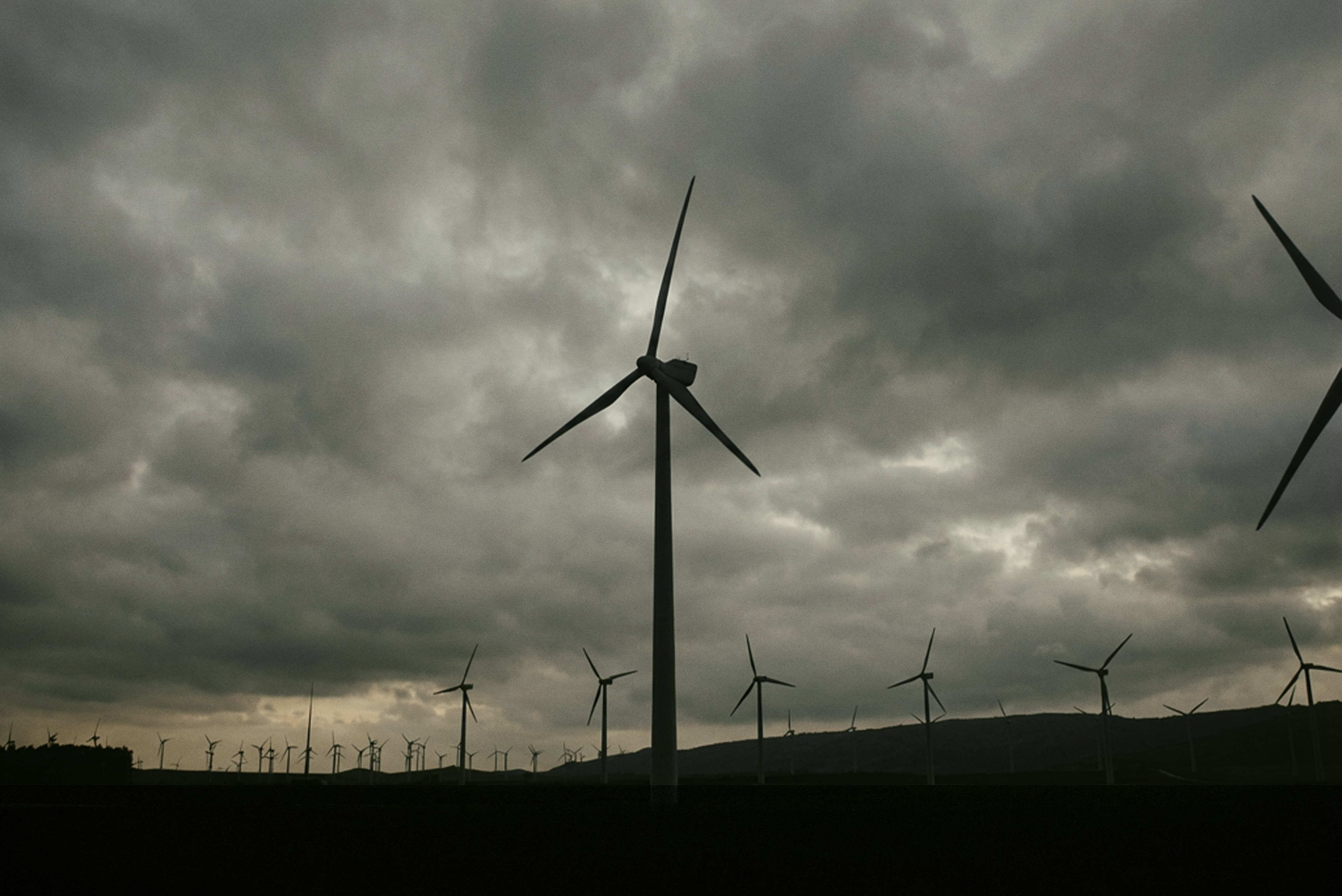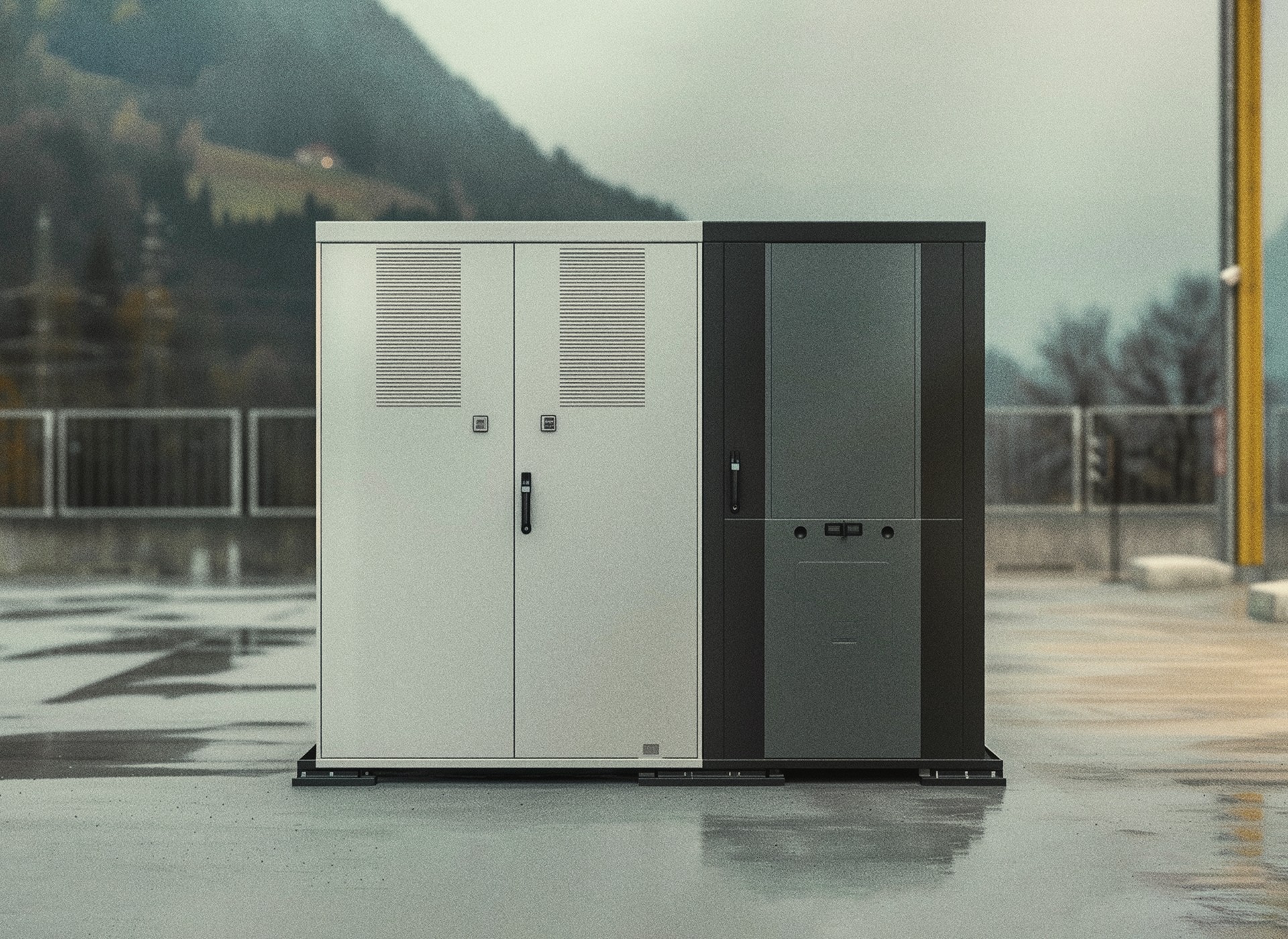Updates
Barriers to PPAs for SMEs: Newsletter article for the VEA

Written by:
David Budde

For the newsletter of the Federal Association of Energy Consumers (VEA), David Budde, founder and CEO of trawa, spoke about the hurdles that medium-sized companies must overcome to conclude Power Purchase Agreements (PPAs):
What hurdles do you currently see on the supply or demand side for PPAs for SMEs?
PPAs are mainly concluded by large corporations today. Common electricity purchase volumes from medium-sized companies with an annual consumption of less than 5 GWh are often below the minimum purchase volume set by producers – typically, we are talking about over 10 GWh for a single PPA. Consequently, PPAs are not traded in a sufficiently granular manner bilaterally, and many medium-sized companies fall through the cracks as potential buyers. This means that companies often cannot benefit from the mix of wind and solar PPAs. By bundling generation profiles, risks can be reduced.
Additionally, the typical contract durations for PPAs, often 10 years, are too long. Many medium-sized companies cannot accurately assess how the market and their consumption will develop. They therefore desire shorter contract terms to be able to react to changes quickly.
Moreover, PPAs are complex. Many companies lack experience in evaluating price and volume risks, which serves as the foundation for a well-informed decision. This is also reflected in the contract design. The heterogeneity of the needs of individual companies results in high transaction costs. Thus, the effort often does not outweigh the benefit for medium-sized PPAs.
Financing is also challenging. The requirements of banks regarding creditworthiness and security deposits from energy consumers are particularly rigid when concluding new facility PPAs. This can hinder a successful contract conclusion.
In summary, it can be stated: medium-sized companies with an annual consumption of less than 50 GWh still do not have access to PPAs today. trawa wants to change that.
How can these hurdles be politically eliminated?
Overall, the individual electricity purchasing on the company side should be optimized, and political incentives for PPAs should be further expanded. Many hurdles can be addressed from the market side. Minimum purchase volumes can, for example, be reduced through purchasing communities. Several companies can join together to collectively achieve the minimum volumes for a PPA contract. This requires a high degree of organization. Therefore, an intermediary as a contractual partner would be sensible, standardizing contracts and thereby reducing the complexity for buyers. An intermediary can also offer structuring services, buying and selling deficits and surpluses that remain after PPA generation. Furthermore, the representation of medium-sized enterprises' interests against energy producers would benefit from an intermediary. This can overcome uncertainties and optimize the advantages of PPAs. For example, an approach to the contract durations could be possible through an entry via systems that are expected to fall out of the EEG funding. These allow for PPAs with shorter terms and lower requirements for creditworthiness and necessary securities.
Politically, there is currently much movement in the discussion. It is encouraging that the European Commission and the German Federal Government advocate for strengthening PPAs. In the working paper on the industrial electricity price, the Ministry of Economic Affairs even explicitly states that medium-sized companies should gain better access to PPAs. I particularly consider bank guarantees to be sensible – for example, from a state financial institution in collaboration with a utility or a platform for electricity purchase contracts. An example of how this can work is shown by the Norwegian financial institution EKSFIN. Such guarantees are particularly suitable for companies that do not have an investment-grade rating but have a suitable consumption profile for PPAs.
How do you think the PPA market will develop regarding SMEs? Do you think the discussed introduction of CfDs will pose a barrier to the PPA market?
The increasing pressure for sustainability from companies will further promote PPA demand from medium-sized businesses. An ideally sized portfolio of PPAs allows for lower average costs with comparable price stability and higher green electricity quality. This is also in line with the assessment of many research companies. The renowned energy consultancy Aurora Energy estimates, for example, a new peak in PPA conclusions in 2023 and further growth in subsequent years.
We expect that especially standard products such as full supply tariffs will gradually be replaced by transparent green electricity PPAs due to higher risk premiums and limited transparency. We also believe that the market will professionalize. Transaction costs will be reduced through standardization. Intermediaries will enable medium-sized companies to easily access PPAs. This is also in the interest of producers: they can open up a new buyer segment.
The introduction of CfDs could indeed pose a barrier; particularly if it displaces market-based PPAs. The Federal Association of Renewable Energies has impressively outlined the possible consequences of two-sided CfDs in a background paper. The economic costs could rise. This is partly due to higher prices in tenders and the draining of the long-term markets through the reference market. We therefore consider it essential that CfDs are designed in such a way that they continue to provide incentives for market-based PPAs.
trawa makes PPAs possible for medium-sized businesses by purchasing PPAs from large providers and making them available tailored to each medium-sized company. The PPA is integrated into a full supply with trawa as the energy supplier.
More on the topic
Updates



